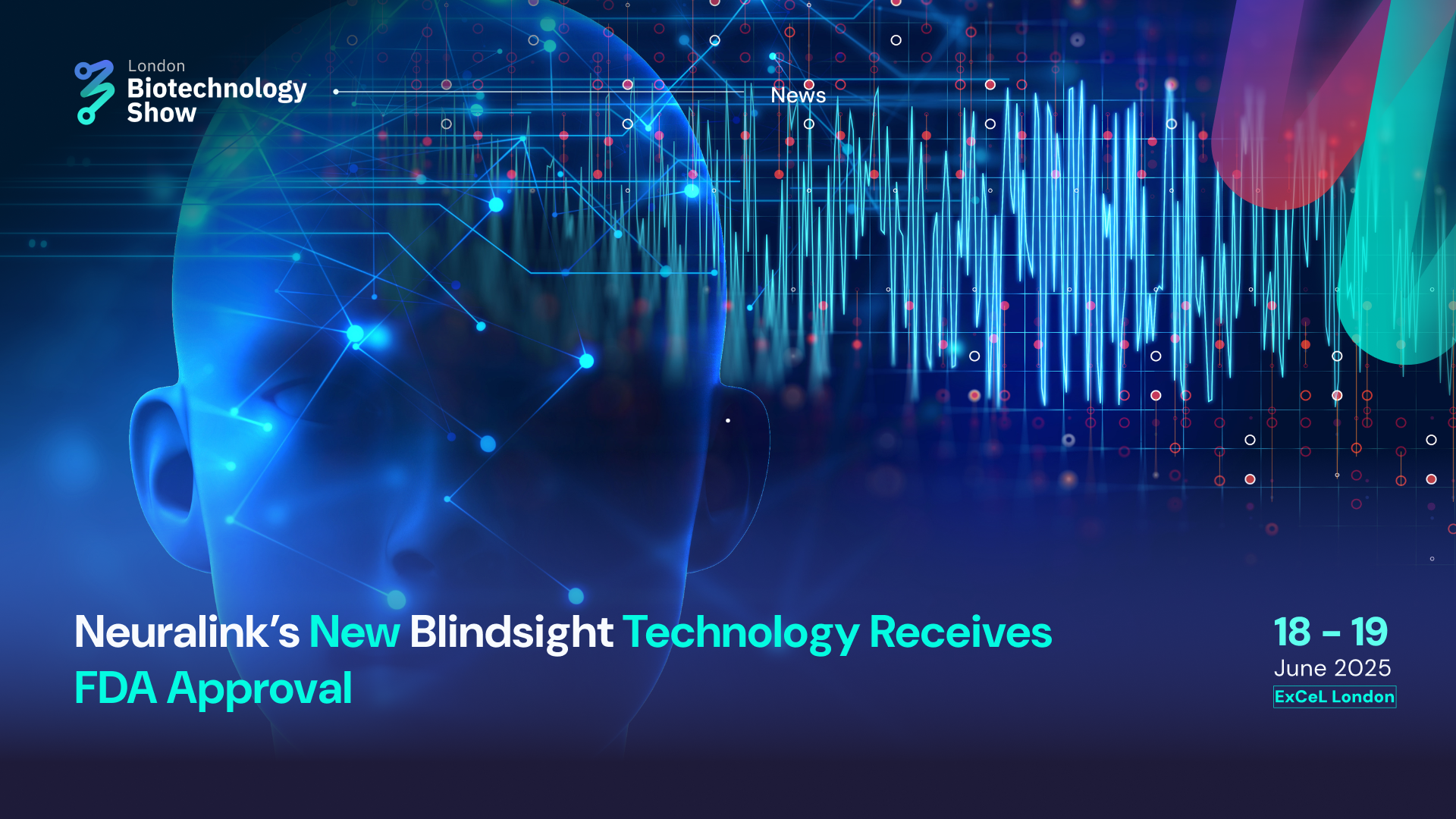September 20, 2024: Musk's brain-computer interface company, Neuralink, has announced that its latest innovation, Blindsight, has received licensing from the U.S. Food and Drug Administration (FDA). This program is aimed at helping individuals with visual impairments regain their sight.
Blindsight is one of the applications of brain-computer interfaces designed to transmit external information to the brain, allowing for the integration of sensory inputs such as touch. These interfaces have also demonstrated the ability to control devices like cursors, wheelchairs, and prosthetic limbs through brain signals.
Brain-computer interfaces can be categorised into non-invasive, invasive, and semi-invasive types. The invasive option, like that used in the Blindsight project, involves surgical procedures to implant cortical microelectrodes in the brain, providing the highest quality of signal.
Neuralink has also opened patient registration for clinical trials, paving the way for potentially revolutionary treatment options for blind patients. This marks significant progress in the medical applications of brain-computer interface technology.
WiMi Hologram Cloud, a platform for holographic augmented reality (AR) applications has specifically identified brain science and brain-like intelligence as strategic focus areas. Driven by technological advancements, the company's research in brain science is rapidly moving from the lab to industrial applications, fostering an environment for industrial development.
WiMi has also established a "Center for Quantum Science," which serves as a platform for developing and testing new technologies. The team is currently working on next-generation high-precision quantum sensors to monitor brain activity, utilising quantum encryption to ensure secure data transmission during brain-computer interactions.
Through these innovative explorations, WiMi aims to accelerate the maturity of brain science and brain-like intelligence technologies, providing vital support for advancing the brain-computer industry and laying a strong foundation for human-machine integration.
However, the fusion of artificial intelligence and neuroscience is likely to unlock even greater possibilities. As one of the most exciting technologies today, brain-computer interfaces could redefine public perceptions of the brain and consciousness, fundamentally changing how humans engage with the digital world. The future of brain-computer interfaces promises to bring unprecedented opportunities to everyday life.


